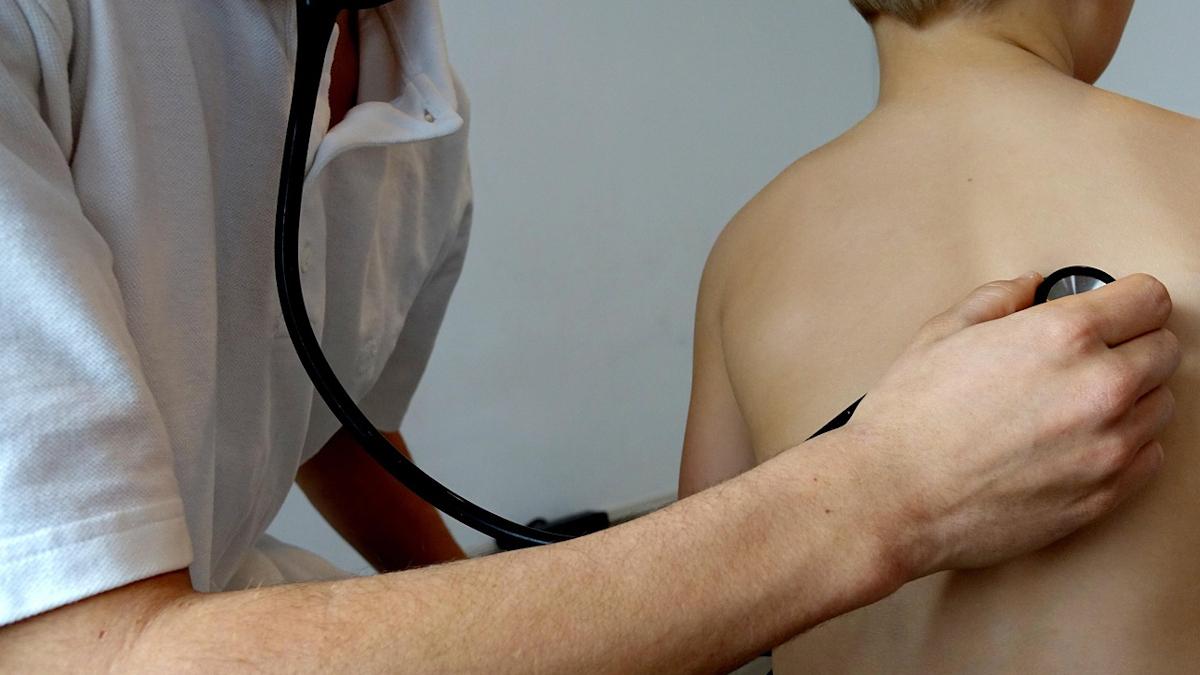Merida raises $121m for Graves drug, and other financings

Merida Biosciences has emerged from Third Rock Ventures with $121 million in first-round financing for a pipeline of drugs for autoimmune diseases, headed by a Graves' disease candidate.
The Cambridge, Massachusetts start-up has developed a protein engineering platform to generate therapeutics based on the Fc region of an antibody that can bind to harmful autoantibodies and mark them for degradation by the liver. They can also target the B-cells that produce the autoantibodies to give long-lasting suppression, according to Merida.
Its lead drug for Graves' disease – an autoimmune disease targeting the thyroid that causes the gland to become overactive and leads to weight loss, irritability, fatigue, and eye issues – is still in preclinical development. It is designed to block the binding of the autoantibodies to thyroid-stimulating hormone receptors (TSHR). Other programmes are focused on allergy and primary membranous nephropathy, a chronic autoimmune disease that affects the kidneys.
The financing was co-led by Bain Capital Life Sciences, BVF Partners, and Third Rock, with participation from GV and Perceptive Xontogeny Venture Funds.
Other recent funding rounds
San Carlos, California-based Glycomine added to its cash reserves with a $115 million Series C, led by CTI Life Sciences Fund and funds managed by abrdn and Advent Life Sciences, that will support clinical trials of its therapy for phosphomannomutase-2 congenital disorder of glycosylation (PMM2-CDG).
The rare genetic disease has no approved therapies and is caused by a mutation in the gene coding for the enzyme PMM2, leading to the build-up of toxic metabolites that lead to a broad range of symptoms affecting multiple organ systems. Glycomine said the financing will enable it to advance its GLM101 candidate – which works as an enzyme replacement therapy (ERT) – into a placebo-controlled phase 2 trial later this year and continue its phase 2a open-label trial and paediatric dose-ranging study.
Attovia Therapeutics has also completed a third-round financing, gathering $90 million to help fund early-to-mid-stage clinical trials of two biology drugs, IL31-targeting ATTO-1310 in chronic pruritus and IL13xIL3 bispecific ATTO-3712 in atopic dermatitis, as well as multiple earlier-stage multi-specific programmes. ATTO-1310 is currently in phase 1 with ATTO-3712 will start phase 1 in the second half of this year, said the company, which also hails from the San Carlos area.
The funding round was led by Deep Track Capital, with participation from new investors including Vida Ventures, Sanofi Ventures, and Mirae Asset Capital Life Science, and ongoing support from existing backers including Frazier Life Sciences, venBio, Goldman Sachs Alternatives, Nextech Ventures, Cormorant Asset Management, EcoR1 Capital, Marshall Wace, and Illumina Ventures.
Boston-based Imbria Pharmaceuticals closed $57.5 million Series B, led by new investor Deep Track Capital, as it prepares to start the phase 2b FORTITUDE-HCM trial of its non-obstructive hypertrophic cardiomyopathy (HCM) therapy ninerafaxstat in the next few weeks. The pFOX inhibitor has previously showed efficacy in two phase 2a trials in HCM and heart failure with preserved ejection fraction (HFpEF).
Other organisations backing the round include Cytokinetics – vying to bring its own aficamten therapy for HCM to market, with an FDA decision due in September – as well as AN Ventures, Catalio Capital Management, RA Capital Management, and SV Health Investors.
Finally, Solu Therapeutics, which is developing a new class of therapeutics that pair small molecules with monoclonal antibodies, raised $41 million in a Series A that was backed by five new investors including Eli Lilly, Biovision Ventures, Pappas Capital, Hengdian Group Capital, and The Leukaemia & Lymphoma Society Therapy Acceleration Programme.
The funds will be used for a phase 1 trial of lead drug STX-0712 – which targets CCR2-positive monocyte cells – in patients with resistant/refractory chronic myelomonocytic leukaemia (CMML) and other haematologic malignancies. Solu investors Longwood Fund, DCVC Bio, Santé Ventures, Astellas Venture Management, and Alexandria Venture Investments also participated in the round.












